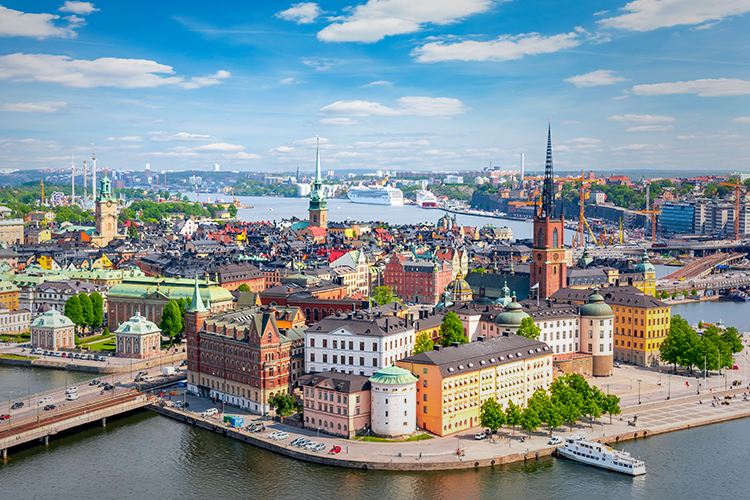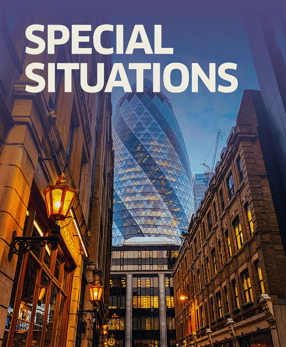Sweden represents a thriving welfare state with extensive social support for its people, nestled in Scandinavia, where its economy is currently outperforming the rest of Europe. The country has long been considered a very favorable market to invest, offering a mostly corruption-free climate, highly skilled labor force, and access to the newest technologies.
The Nordic monarchy has historically been quick to respond and integrate to the globalized business sphere, housing one of the most internationally integrated economies in the world, with Stockholm operating as the center of most of these activities.

Highly dependent on exports, Sweden has widely carried out pro-trade policies, large flows of capital, and satisfactory levels of foreign investment, all of which add to the country’s global competitiveness.
The investment climate is characterized by other favorable aspects like low corporate tax rates, exceptional infrastructure, and easy access to capital. Now, with interest rates at historical lows and with securing financing posing a painless task, many are surging through the country, and especially the capital city with investments.
Still, with strict building and labor regulations, high cost of labor and construction, low to moderate yields, and soaring individual tax rates, Sweden isn’t a market without its faults. A big portion of the rents are capped, which flattens returns on investment. This is a long-lived tradition of a country of social democracy and collective risk sharing, where the capitalist mentality is unfamiliar. The state provides cradle-to-grave support, which includes access to affordable rents.

Stockholm is currently the fastest-growing capital in Europe, due to a thriving tech and startup field, record levels of immigration, and a sky high birth rate. This raises demand for property development in all sectors, posing opportunities for office buildings and residential developments, with strong retail, and industrial sectors, too.
However, space in the most sought-after, central locations is very scarce, and new developments in more remote settings come with half the sales and rental rates. In the residential sector, housing prices are soaring to historical highs, fueling what many fear to be a housing bubble. Additionally, apartments in central Stockholm are so hard to come by that some are waitlisted for two decades before securing an apartment. Thus, there has been a thriving black market, where bribes are exchanged for contracts. Still, this poses opportunities, for there is definitely towering demand for new developments.
Sweden is a fast-developing, technologically savvy nation, with government regulation and support extended in all walks of life.
The currently booming economy, the high salaries and purchasing power of the people, combined with high demand for properties in most all sectors, create a framework for lucrative opportunities for those who are willing to learn the market.
We believe these opportunities are most likely to be realized in Stockholm, so we at Propeterra chose to study the capital and seek out information that is most relevant for potential investors.






